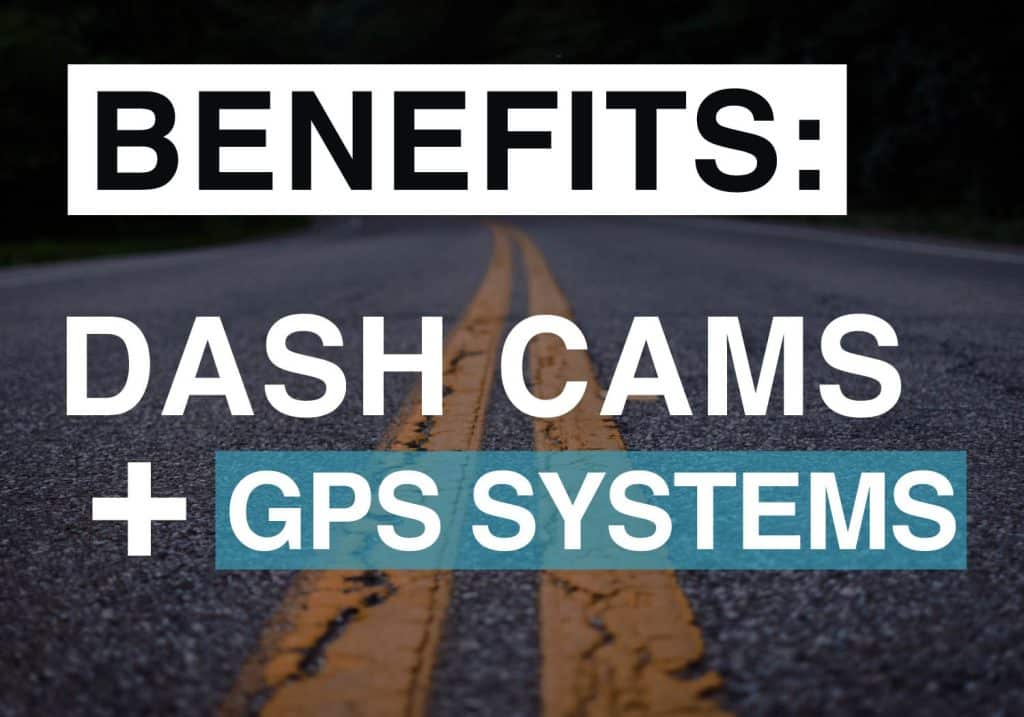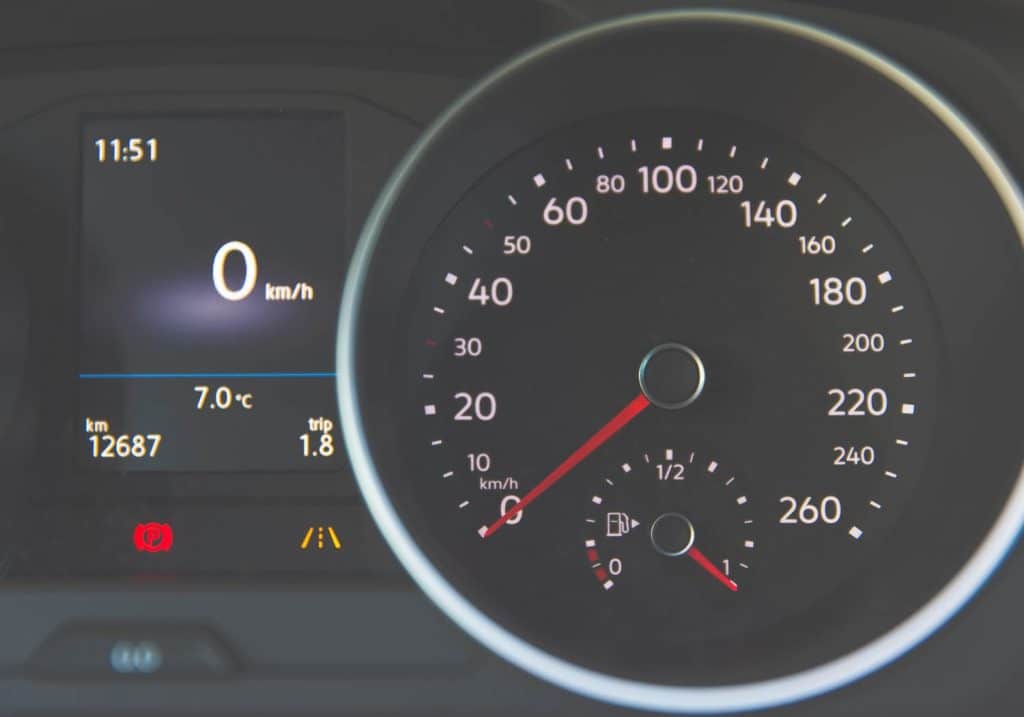Benefits of Using a Dash Cam with a GPS System
One of the great things about fleet cameras is most fleet cameras include basic vehicle monitoring. For that reason, some businesses are replacing GPS systems with camera systems. Although this makes sense for light GPS tracking users, there are many benefits of using a Dash Cam with a GPS system.
In this post, we’ll explore two things. Firstly, we’ll discuss when fleets can use fleet cameras without additional GPS devices. Secondly, we’ll look at some benefits of using a GPS with a camera system.
When are fleet cameras enough for vehicle tracking?
Fleet cameras are enough when two things happen: (1) the fleet camera has a built-in GPS, and (2) the fleet only needs tracking for basic needs. This is because most fleet cameras record vehicle location and save a trip history, thus sufficing basic tracking needs.
When will fleets get benefits from a GPS with a camera system?
Sometimes, fleets need more than basic monitoring and significantly benefit from combining cameras and GPS solutions. The most common use cases include: wanting fuel and diagnostic data, following compliance rules, and simplifying office reporting.
Fleets want to record fuel & diagnostics.
One of the biggest fleet camera weaknesses is that fleet cameras don’t connect with the vehicle’s engine computer. Hence, cameras are not able to collect engine data such as fuel measurements or diagnostics codes.
On the other hand, one of the benefits of using a dash cam with a GPS system is getting engine data. For instance, Geotab devices work with OEMs to read and report thousands of engine codes. In turn, fleets can leverage that data to improve their maintenance process.
Fleets need to follow compliance rules.
Another use case includes complying with rules. A great example is the ELD mandate. The ELD mandate requires fleets to electronically verify driving hours.
While fleet cameras can verify driver location and driving time, it fails to connect those data to HOS rules. Instead, fleets need a dedicated vehicle monitoring device because these devices compare driving hours against regulation hours.
Fleets want to simplify office reporting.
Lastly, GPS tracking helps simplify office reporting whereas fleet cameras can only provide footage.
For instance, consider time card reports. While administrators can match driver footage, driving records, and payroll together, this takes a lot of time. Instead, a vehicle tracking solution is more intuitive. Many vehicle trackers use driver log-in technology to match drivers to time cards.
Combining solutions improve reporting!
In summary, while fleet cameras are sufficient in some cases, combining a dash cam with a GPS system provide much more information. This is seen in fleets that want to manage fuel reporting, stay in compliance, and simplify reporting.
Like this blog? Check out our other blogs on fleet dash cameras and GPS tracking!
Can Dash Cams Lower Insurance Rates?
GPS Tracking for Small Businesses: What’s Different? What’s Important?


